Description
Ball Mundt by Rudolf Grossmann printed on a T-Shirt
About the T-Shirt
Regular fit
Standard length, the fabric easily gives into movement
Casual wear
A classic, everyday option loved by our customers
Side-seamed
Constructed by sewing two parts together, creating a fitted look
The Unisex Staple T-Shirt feels soft and light with just the right amount of stretch. It’s comfortable and flattering for all. We can’t compliment this shirt enough–it’s one of our crowd favorites, and it’s sure to be your next favorite too!
- Solid colors are 100% Airlume combed and ring-spun cotton
- Ash color is 99% combed and ring-spun cotton, 1% polyester
- Heather colors are 52% combed and ring-spun cotton, 48% polyester
- Athletic and Black Heather are 90% combed and ring-spun cotton, 10% polyester
- Heather Prism colors are 99% combed and ring-spun cotton, 1% polyester
- Fabric weight: 4.2 oz./yd.² (142 g/m²)
- Pre-shrunk fabric
- 30 singles
- Side-seamed construction
- Tear-away label
- Shoulder-to-shoulder taping
- Blank product sourced from Nicaragua, Mexico, Honduras, or the US
Rudolf Grossmann (1882 – 1941)
Rudolf Wilhelm Walther Großmann, or Grossmann was a German painter and graphic artist. He is particularly well known for his portrait drawings of famous contemporary figures.
He was born into an artistic environment. His grandfather, Wilhelm Dürr, was the court painter in Baden and his mother, Marie (1852–1889), was a portrait painter. His father, Viktor, was a doctor, so he initially studied medicine and philosophy in Munich, from 1902 to 1904, then spent five years in Paris, where he was a student of Lucien Simon. While there, he devoted himself primarily to landscape painting, under the influence of Paul Cézanne.
With his friend, Jules Pascin, he travelled to Belgium and The Netherlands. Later study trips took him to Northern and Southern France, then to Vienna, Budapest and Stockholm. In 1910, he stayed briefly in Berlin, then continued his travels; this time to Engadin (near Munich), the Tegernsee and Italy, where he lived with his friend, Hans Purrmann.
Upon returning to Germany, he lived in Berlin; creating book illustrations and portraits of celebrities, many of which were featured in the satirical magazine Simplicissimus. In 1928, he became a Professor at the Royal School of Art. He was also a member of the Berlin Secession and the Deutscher Künstlerbund.

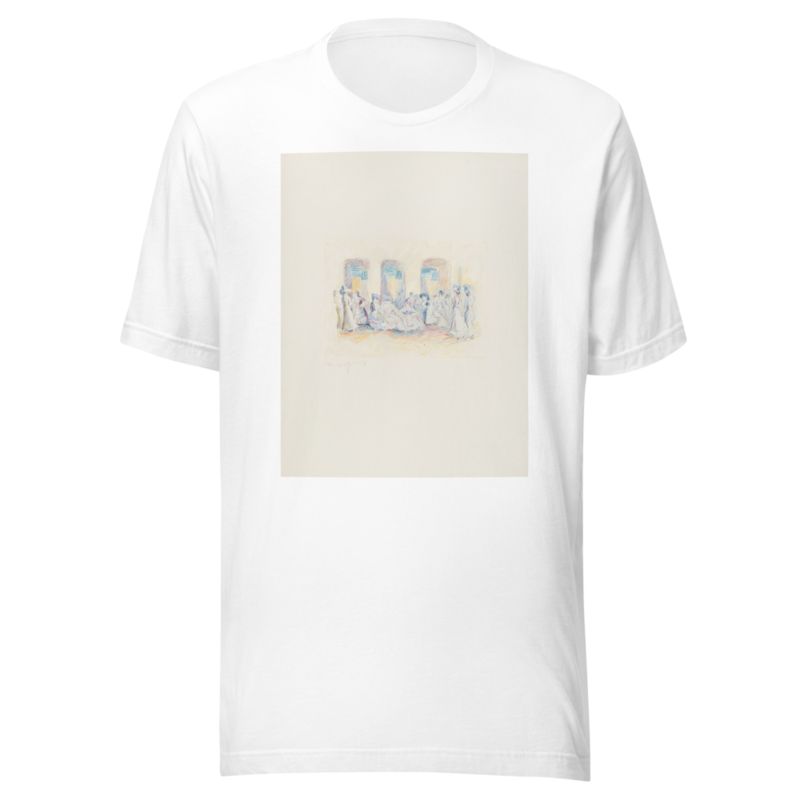
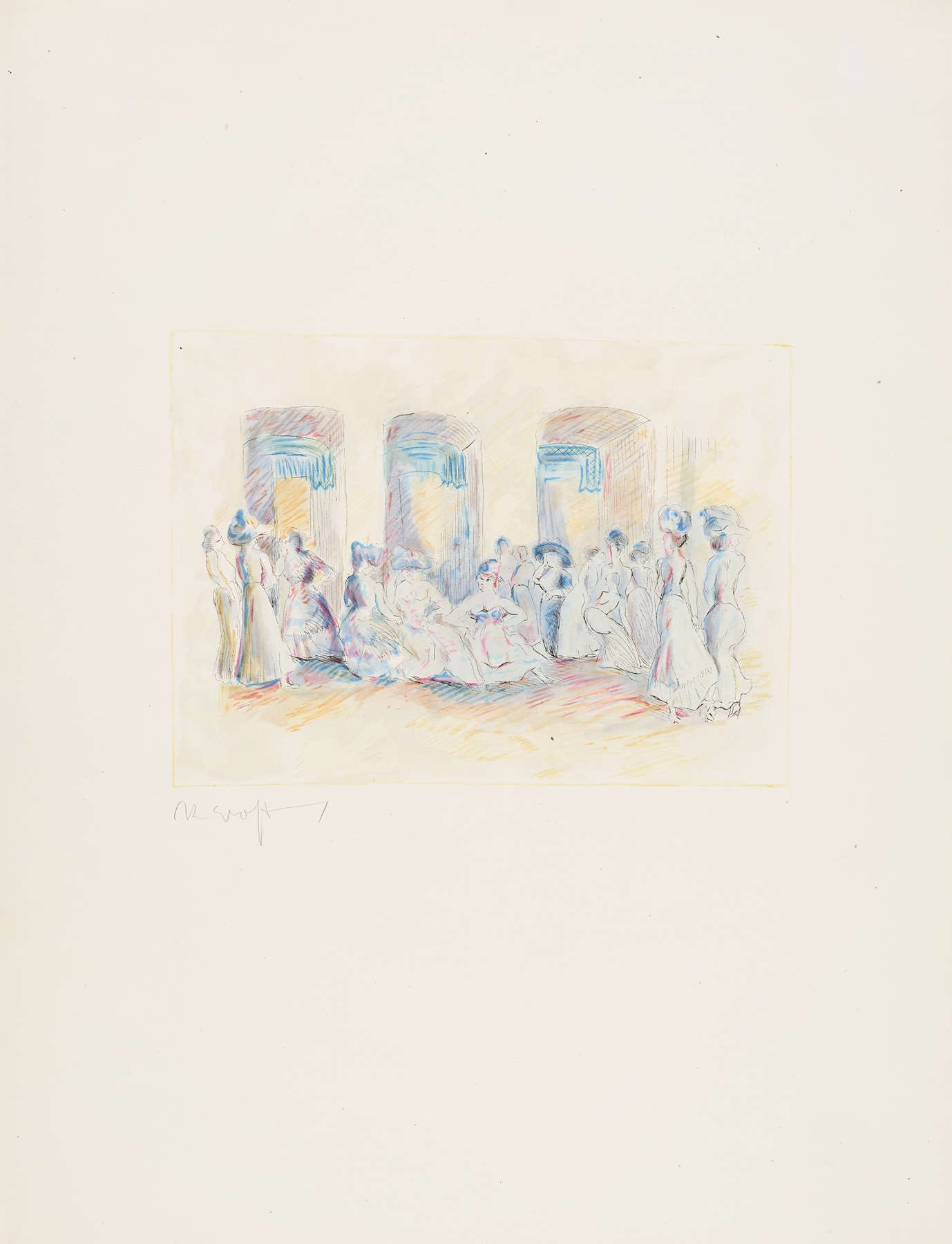
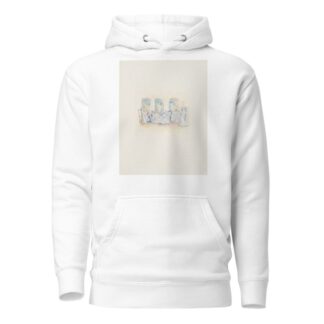
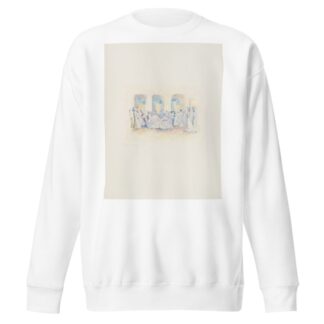
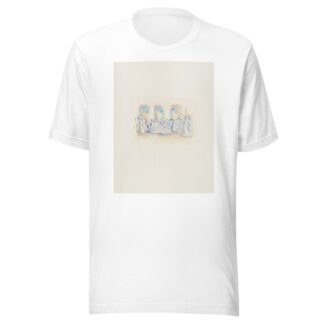
Reviews
There are no reviews yet.